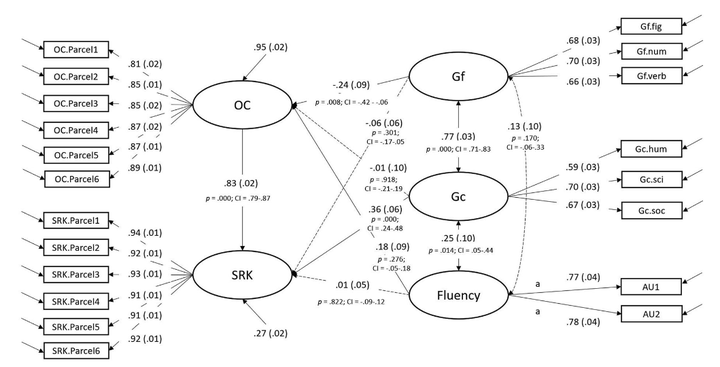The Nomological Net of Knowledge, Self-Reported Knowledge, and Overclaiming in Children
 Image credit:
Unsplash
Image credit:
Unsplash
Abstract
Research on self-reported knowledge and overclaiming in children is sparse. With the current study, we aim to close this gap by developing an overclaiming questionnaire measuring self-reported knowledge and overclaiming that is tailored to children. Moreover, we examine the nomological net of self-reported knowledge and overclaiming in childhood discussing three perspectives":" Overclaiming as (a) a result of deliberate self-enhancement tendencies, (b) a proxy for declarative knowledge, and (c) an indicator of creative engagement. We juxtaposed overclaiming, as indicated by claiming familiarity with non-existent terms, and self-reported knowledge with fluid and crystallized intelligence, creativity, and personality traits in a sample of 897 children attending third grade. The results of several latent variable analyses were similar to findings known from adult samples":" We found no strong evidence for any of the competing perspectives on overclaiming. Just like in adults, individual differences in self-reported knowledge were strongly inflated by overclaiming, and only weakly related to declarative knowledge.
Links to all co-authors: